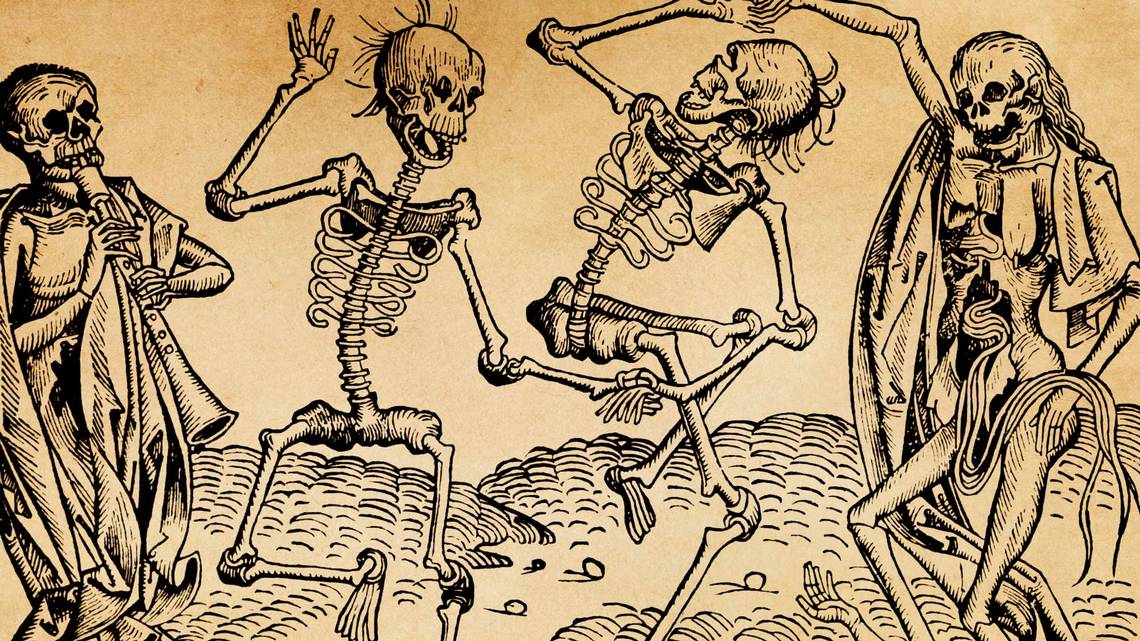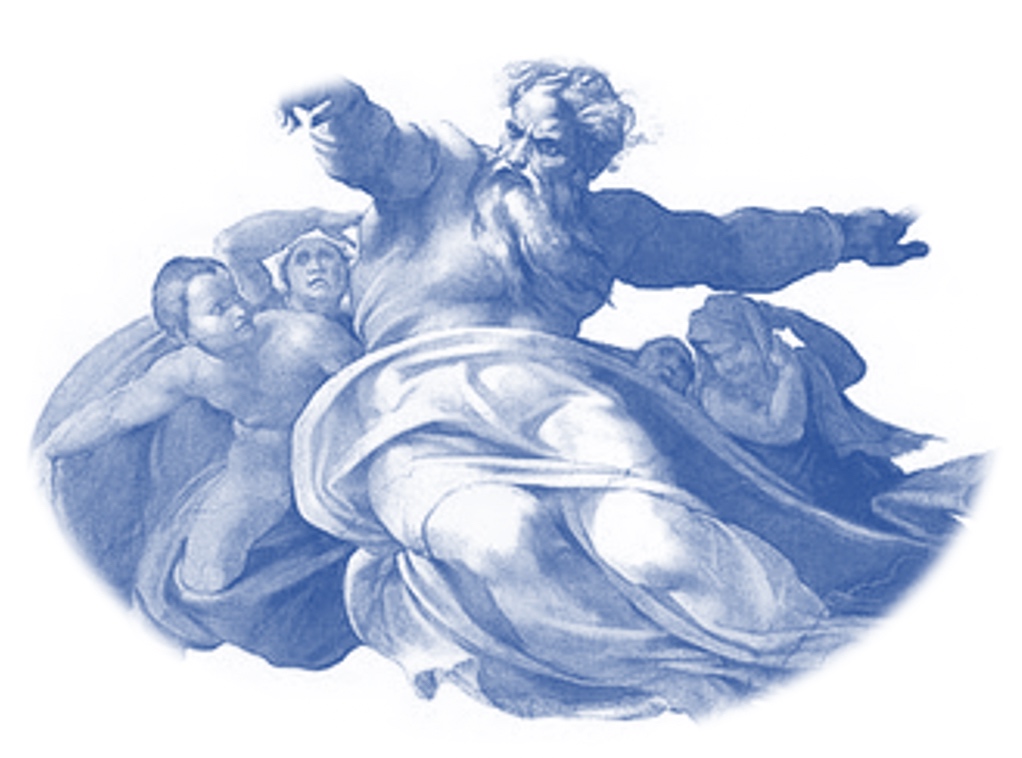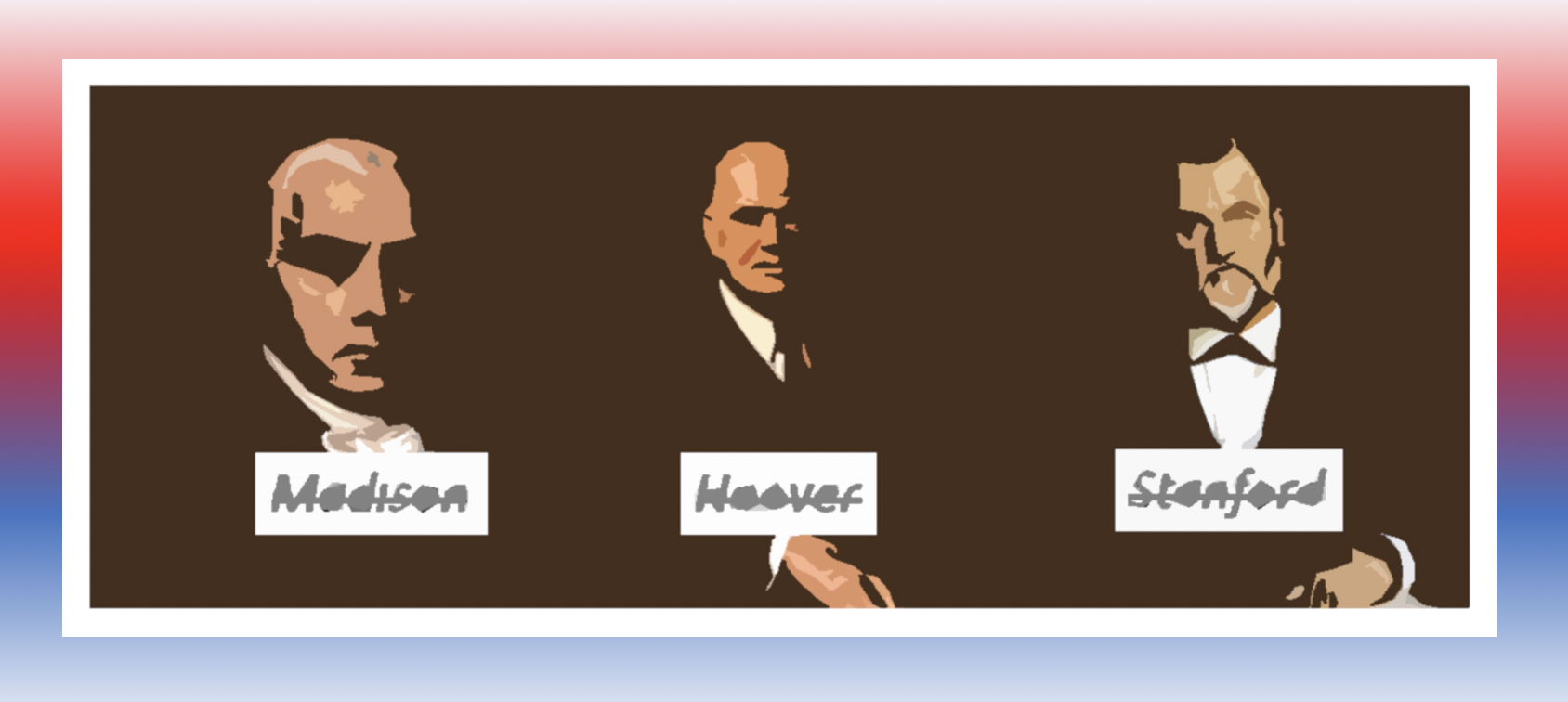The holiday season encourages us to practice gratitude. One way to lean into gratitude is to celebrate the lost art of writing thank-you notes. A good thank-you is more than a text message saying “Thanx.”
I learned this from the women in my life who are role models of gracious gratitude. My grandmothers always sent handwritten cards and notes. My mother’s artful cursive gives style to her thank-yous. My wife writes lots of thoughtful thank-you notes.
We forced our children to put pen to paper after Christmas and birthdays. They seem to have learned the art of saying thanks. As young adults, they write heartfelt expressions of gratitude.
This little ritual is an ethical and spiritual practice. It is important to take time out and really think about what you are grateful for.
Gratitude is often in short supply in an impatient world. Envy, anger, and other negative emotions can undermine the spirit of gratitude. And sometimes we get grumpy, even about the need to write a thank-you note.
The good news is that in expressing gratitude, grumpiness dissolves. Positive virtues are often developed by a kind of “fake it until you make it” contrivance. Even if you are not feeling particularly thankful, the emptiness of the blank page forces you to conjure up some gratitude.
Giving thanks is an important social ritual. You are expected to say thanks in certain situations. When the server brings the meal, you say thanks. After a job interview, you ought to write an email saying thanks. And so on.
Parents ask their kids, “What do you say?” in response to Grandma’s gift. The child knows that the correct answer is “Thanks, Grandma.” This compliant response to a parent’s prompting is an important start. But it is not yet gratitude.
Gratitude is deeper than saying thanks.
That’s where a thoughtful thank-you note plays a role. A decent thank-you note should have at least three sentences. First, you say what you are thankful for. Then you explain why you are thankful. Finally, you express good wishes toward the person you are thanking. By the time you’ve written those three sentences, the spark of gratitude may be kindled.
That’s why a hand-written note is better than a texted “Thx.” Mechanical expressions of thanks have little to do with gratitude. Pre-printed thank-yous often arrive in our inboxes, in response to charitable donations, bill payments, and the like. Sometimes they even arrive in response to wedding gifts or graduation gifts.
A mechanical thank-you acknowledges a gift or payment. The note lets you know that the check was not lost in the mail. But acknowledgement is not gratitude.
Gratitude is an expression of heartfelt gladness. It is not simply a receipt. It is also an appreciation. The word “appreciate” has the word “precious” concealed within it. Genuine gratitude involves reflecting on what you appreciate.
Philosophers have thought about gratitude for thousands of years. The Stoic philosopher Seneca suggested that true gratitude is not simply mechanical or self-interested. Ritual thankfulness occurs in religion and in business. This is often a superficial formula without thought.
Even worse, there are people who ingratiate themselves with sweet talk. Gratitude can be used to manipulate and take advantage. Slick salesmen express gratitude while picking our pockets. True gratitude is not like that at all. Rather, it is linked to generosity, friendship, and love.
Seneca also suggested that a good life should be imbued with a spirit of gratitude. He said, “we wish to depart from human life as full of gratitude as possible.”
A good life would be one in which envy and resentment give way to gratitude. To live well is to be grateful for this moment and this life. We should live in such a way that when the end comes, we can be grateful.
In the new year, then, let’s resolve to be less resentful and more grateful. One way to do that is to put pen to paper and write an old fashioned thank-you note. This reminds us of the generosity and good will of our friends and relations. It spreads goodwill by letting other people know that we appreciate them. And it encourages us to count our blessings, even in the dark of winter.






